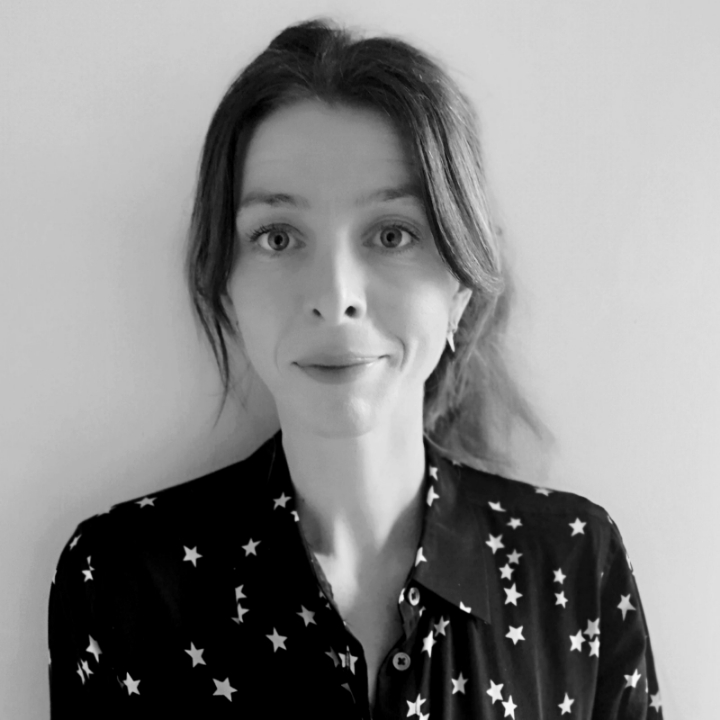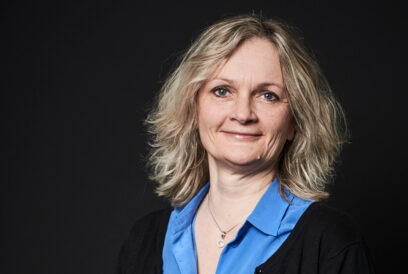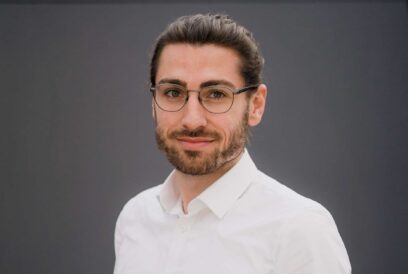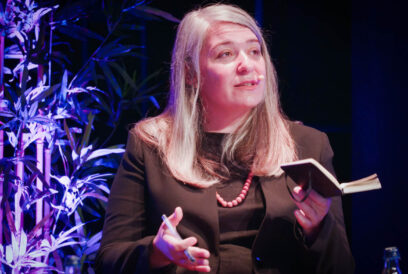
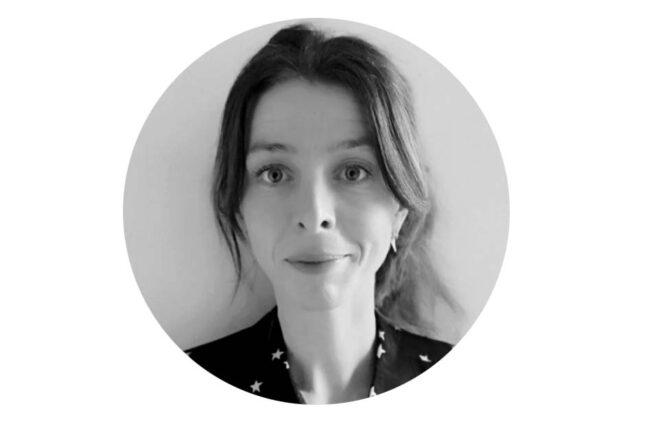
The task of critical and democratic adult education is to address awkward questions, including those about the adult education sector, writes Lisa Maria Reilly. The text is a column written for issue 4/2020 on Adult Education and Democracy.
My eldest daughter is excited about an upcoming school-organised protest on climate change. She is making a poster and teaching me the song her classmates will sing as they march around the local park. She is five years old.
She is full of questions about nature; many of which I can’t answer. It is lovely to listen to her though. It makes me think of how different primary school education is today compared to my own.
It took me much longer to query what I heard in classrooms; to realise that there was more to learning than simply giving the ‘right’ response.
I’ve now come to view adult education as a mixture of pedagogy and social care.
Democratic education, to my mind, is about having the space and freedom to ask questions. It is also about listening to the experiences of others, recognising that experience is subjective and situated in a particular time and place in history.
What follows is a snapshot of the years I spent working with adults who returned to learning and some of the things I discerned along the way.
WHEN I BEGAN MY PHD JOURNEY, I was excited by the concepts of democratic and transformative education.
My research was exploring the emotional aspects of university for those who applied through alternative entry or ‘access’ routes. At the same time I was teaching and got to know wonderful students; often from groups described by policy makers as marginalised in some way.
I learned a lot from them. They allowed me to see the chasm between theory and practice.
I’ve now come to view adult education as a mixture of pedagogy and social care. Alongside organising classes, I have listened to stories of struggle and survival; stories that stay with you long after they have been told.
Unfortunately, knowing more about your world does not necessarily change your world.
I have learned that the experience of transformation, should it occur, can be as painful for students as it is liberating.
Participating in adult education may open up new ways of thinking and seeing the world. It can provide the theoretical tools needed to analyse one’s position in society. What it cannot do however is erase the trauma that comes from the lived experience of poverty and inequality.
While I have witnessed some achieve much success following their return to education, I have also seen others for whom things just didn’t work out.
Unfortunately, knowing more about your world does not necessarily change your world. It can happen with effort and support but the expectation of succeeding ‘against the odds’ may be placing an additional burden on already tired shoulders.
I have seen tutors who are tired too. The fatigue that comes from travelling to various places to facilitate hourly-paid classes hopeful that the sacrifices made now will bring dividends in the future. While not confined to adult education, precarious employment appears starker when contrasted with narratives of democratic education for students.
Besides, when you personify precarity it becomes harder to speak, with any authority, about unequal power relations in other areas of society.
I KNEW MY TIME WAS UP IN THE HIGHER education following the birth of my first daughter. I had seen and heard enough by that stage to realise that short-term contracts most likely awaited me following completion of my doctorate.
It was an easy decision to walk away. I needed to provide for my little girl.
I focused my efforts on other areas within adult education but found similar challenges. Occasionally I was asked about democratic and transformative learning at job interviews.
I was surprised when nobody asked me to expand on them in any detail. It seemed enough to show familiarity with the official narrative before moving on to the business-like questions regarding benchmarking, targets and financial management, depending on the role.
In hindsight, the only people to pay more than a passing interest to such concepts were students. They asked difficult questions; ones I could not always answer. They seemed aware of the duplicity that existed within the sector. They noticed how the decision makers were not generally representative of them in terms of background.
While it is important to celebrate achievements, we must also recognise what could be done better.
Few liked the label marginalised or any of its synonyms. Granted, categorising students in this way has long been a feature of funding for programmes but I understood the sentiment. As someone who returned to education myself, I never liked that label either.
Earlier this year Daniela Holzer wrote about resistance to continuing education and the legitimate reasons why people choose not to engage.
Such discussions can be uncomfortable for those invested in lauding the accomplishments of lifelong learning. Yet they are necessary.
The task of critical democratic adult education is to tackle those awkward questions, bringing them to the forefront.
While it is important to celebrate achievements, we must also recognise what could be done better. And to work towards transforming the latter into tangible change for the future.
Author
